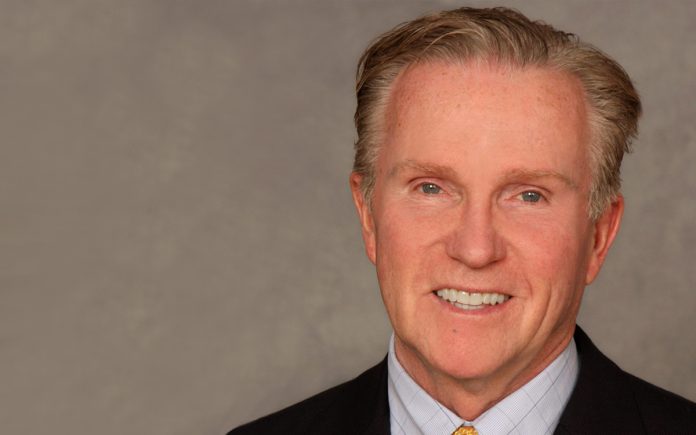Dan (not his real name) and I met at a Manhattan branch of the YMCA where I go swimming in the mornings on my way to work. His locker is next to mine. When he is alone, he talks aloud and carries on animated conversations with others who are not visible to the rest of us there. As soon as I arrive, he stops and usually says good morning or responds to a greeting from me. His appearance is striking with biblical features – he has long white hair, mustache, and beard. He truly is a Moses look-alike. His clothes are tattered and rumpled, his shoes are worn, and he doesn’t wear socks. Worrisome to me is that he always seems over-dressed in the summer and under-dressed in the winter. His personal hygiene is impeccable. He is very smart and always well spoken. He listens to other conversations in the vicinity, which is how he learned that I’m a psychiatrist.
Carl (also not his real name), a retired dock worker and bartender in recovery, has the locker opposite us. Some time ago, he gave me the back story on Dan. Carl lives in the neighborhood and he first saw Dan quite a few years ago when he was homeless. Dan used to hang out in a nearby park, always alone, talking to himself and not bothering anyone. After many months, Carl no longer saw him. He forgot about him. Then a year or so later, he saw him walking with a woman. He continued to see them around the neighborhood. One day Dan and Carl bumped into each other at the local Starbucks. Recognizing each other from the Y, they started to chat. One thing led to another and Dan shared that he used to be a high school science teacher but fell on rough times. He met a woman, a former research scientist, and they fell in love and were now living together in her nearby apartment. She has dementia and he helps her out.
MORE: Kindness Is in the Air
Fast forward now to about 6 months ago. Dan pulled me close one morning and whispered “Be careful, that cell phone is taking compromising photos of us changing into our bathing suits.” I looked over to see a cell phone plugged into a charger on a nearby shelf. I know the owner. His locker is just around the corner. I said to Dan “Thanks, let’s talk about it in the pool.” Which we did. Or, more accurately, I did. I tried to simply play it down, that the owner was just charging its battery, that the camera wasn’t engaged and so forth. Dan would have none of it. He wondered about moving his locker to another part of the Y. I asked him to give it more time. He did. And he never brought it up again. Then about 3 weeks ago, he told me that the receptionist who scans our membership cards had flashed her scanner in his eyes that morning before she did his card. “Don’t you think that’s odd? I wonder if she might be trying to [mess] with me. I don’t trust laser beams. What do you think? You’re the shrink here. I need your opinion.” Once again, I demurred until we got to the pool. This also gave me a minute or two to plan my response.
Here is what I said: “Dan, you’re handling things a lot better now. Remember the camera incident. You were convinced that guy was taking photos of us. I couldn’t reassure you. But to your credit, you didn’t change lockers and move somewhere else. Now with this latest example that you just told me about, I’ve noticed two very good things. First, you used the words ‘I wonder if she might be trying…’. You didn’t say ‘she’s trying…’, which tells me you’re not concluding bad intentions on her part. That you have some doubt there. And second, you had a slight smile on your face when you told me. Your face was really tense and you looked afraid when you told me about the camera. I like that difference. It’s really healthy.” Then I stopped – and waited. I’m not sure I can capture what happened next. Our eyes were locked in a gaze. His got moist and then he said “Thanks doc. Race you to the end of the pool?”
And away we went.
Dr. Myers is Professor of Clinical Psychiatry and immediate past Vice-Chair of Education and Director of Training in the Department of Psychiatry & Behavioral Sciences at SUNY-Downstate Medical Center in Brooklyn, NY. He is the author of 8 books, the most recent of which are “Why Physicians Die by Suicide: Lessons Learned from Their Families and Others Who Cared” and “The Physician as Patient: A Clinical Handbook for Mental Health Professionals” (with Glen Gabbard, MD). He is a specialist in physician health and has written extensively on that subject. Currently, Dr. Myers serves on the Advisory Board to the Committee for Physician Health of the Medical Society of the State of New York. He is a recent past president (and emeritus board member) of the New York City Chapter of the American Foundation for Suicide Prevention.
The views expressed on this blog are solely those of the blog post author and do not necessarily reflect the views of Psych Congress Network or other Psych Congress Network authors. Blog entries are not medical advice.
This blog was first published on 6 December 2018 on Psych Congress Network










One of the things that I really liked about this sweet story is how Michael was able to communicate with Dan about his development in a way that really honored him without any judgement when other people may have still been more critical of Dan’s paranoia. It indicated to me how really connected with people and understanding where they are at in their own personal development can have such a positive impact, whereas when we look at behaviors in an absolute sense we might not appreciate what is there to be thankful for or recognize.